There's an unspoken assumption that bottled water is a superior alternative to tap water. It's convenient, often marketed as purer, and in Malta, it's a go-to choice for many households and tourists. But have you ever stopped to consider the real cost of this seemingly harmless commodity? This article aims to uncover the hidden costs of bottled water in Malta and explore the alternatives that could be better for both your wallet and the environment.
1. Unmasking the Bottled Water Industry in Malta
1.1 The Illusion of Superiority
Bottled water providers have done an excellent job in painting their product as a premium solution. They highlight the perceived safety and improved taste of their offerings, building on the historical issues with tap water in Malta. However, the reality is often different. Most bottled water is simply tap water that has undergone a commercial filtration process, which removes contaminants, odour, and taste. In Malta, the water that ends up in your plastic bottle is most likely sourced from the same water that flows from your tap.[1]
Infact Farson's a leading bottling company in Malta confirmed this just recently when seeking to alleviate concerns that it was using water from ground water resources without paying for it.
1.2 The Role of Marketing
The bottled water industry has effectively capitalized on consumer fears and preferences. We highlighted many of the tactics used in our article analysing a global bottled water industry report. Marketing efforts have fostered a cycle where families regularly purchase plastic bottled water, under the assumption that it's a safer and tastier alternative to tap water. The convenience factor is also a major selling point, with bottled water readily available at every corner store and supermarket. However, consumers often overlook the hidden costs associated with this.
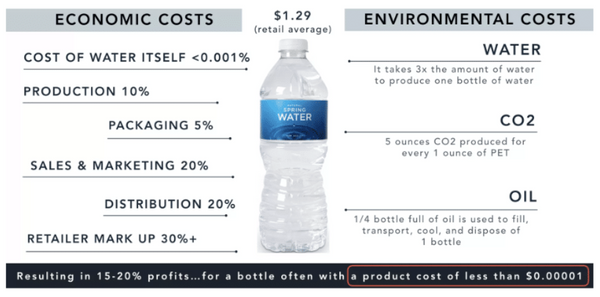
Image Credit: DrinkFloWater
2. The Environmental Impact of Bottled Water
2.1 Production Process
The production of plastic water bottles requires significant amounts of resources. PET (Polyethylene Terephthalate), the main material used in plastic bottle production, is derived from petroleum products. The manufacturing process also involves substantial energy consumption and water usage. Astonishingly, it takes approximately twice the volume of water in a plastic bottle to manufacture the bottle itself. [2]
2.2 Waste and Pollution
Unfortunately, the environmental costs of bottled water do not end with production. Plastic waste is a major global environmental issue, and plastic water bottles contribute significantly to this problem. In Malta, plastic bottles often end up in the sea, contributing to marine pollution and adversely affecting marine life. Sadly, despite recycling efforts, 91% of all plastic produced globally has never been recycled, meaning a large portion ends up in landfill or the ocean.
3. The Financial Cost of Bottled Water
While bottled water might seem like a relatively cheap drink option at first glance, the overall cost to consumers can be surprisingly high. A report on the global bottled water ranks Malta as the 3rd highest per capita user of plastic bottles for drinking water When compared to more sustainable options, such as tap water or filtered water, the cost of bottled water is significantly higher. [3]
4. The Health Concerns of Bottled Water
There is also a growing concern about the potential health risks associated with bottled water, particularly with regard to microplastics. Studies have found worrying levels of microplastics in bottled water, which are exacerbated when plastic bottles are reused or left in the sun. The potential health impacts of ingesting microplastics are still being researched, but the initial findings are cause for concern.[3]
5. The Bottled Water Deposit Scheme in Malta
In Malta, the bottled water market has been further complicated by the introduction of the Beverage Container Recycling Scheme (BCRS). This scheme incentivizes consumers to recycle beverage containers by imposing a deposit on them. However, it requires consumers to return their empty bottles to one of the BCRS Reverse Vending Machines (RVMs) to receive their deposit refund. This not only adds an extra step to the process of buying bottled water but also places an additional burden on consumers' time and resources.
6. The Alternative: Tap Water
Given the environmental, financial, and potential health costs associated with bottled water, it's time to reconsider the alternatives. Tap water in Malta meets all EU requirements and has seen remarkable improvements over the years due to significant investments by the Water Services Corporation. While many people express concerns about the taste of tap water, these issues can be readily addressed by using a water filtration system.

7. The Benefits of Filtered Tap Water
Filtered tap water is a healthy and cost-effective alternative to bottled water. Water filters, such as the TAPP EcoPro, can remove contaminants from tap water and improve its taste and odour. They are also far more environmentally friendly than bottled water, producing significantly less waste. Moreover, the cost of filtered tap water is just a fraction of the cost of bottled water, making it a more economical choice for consumers.
8. The Role of Supermarkets
Supermarkets in Malta have a significant role to play in promoting the shift away from bottled water. While many supermarkets currently offer 'free' bottled water as part of their loyalty programs, this practice can perpetuate the cycle of plastic waste. Instead, supermarkets could promote more sustainable options, such as refillable water bottles or water filters.[4]
In fact the water is never free as if you swopped your water for points you could spend €1.47 on food items - so free water costs €1.47 for 12 litres. Still 7 times more expensive than TAPP water filtered water.
9. The Power of Consumer Choice
The decision to switch from bottled water to filtered tap water is ultimately in the hands of consumers. While it's true that bottled water is convenient and readily available, the environmental, financial, and potential health costs are too significant to ignore. By choosing to drink filtered tap water, consumers can not only save money but also contribute to a more sustainable future.
10. Conclusion: A Call to Action
The true cost of bottled water in Malta is more than the price tag on the bottle. It includes significant environmental impacts, potential health risks, and financial costs that are often overlooked. As consumers, we have the power to make a difference. By choosing alternatives like filtered tap water, we can reduce our environmental footprint, protect our health, and save money. It's a small change that can have a big impact on our future and the future of our planet.
References:
[1] https://www.maltatoday.com.mt/news/national/125450/we_do_not_use_free_groundwater__farsons
[2] https://drinkflowater.com/the-real-cost-of-bottled-water-2/

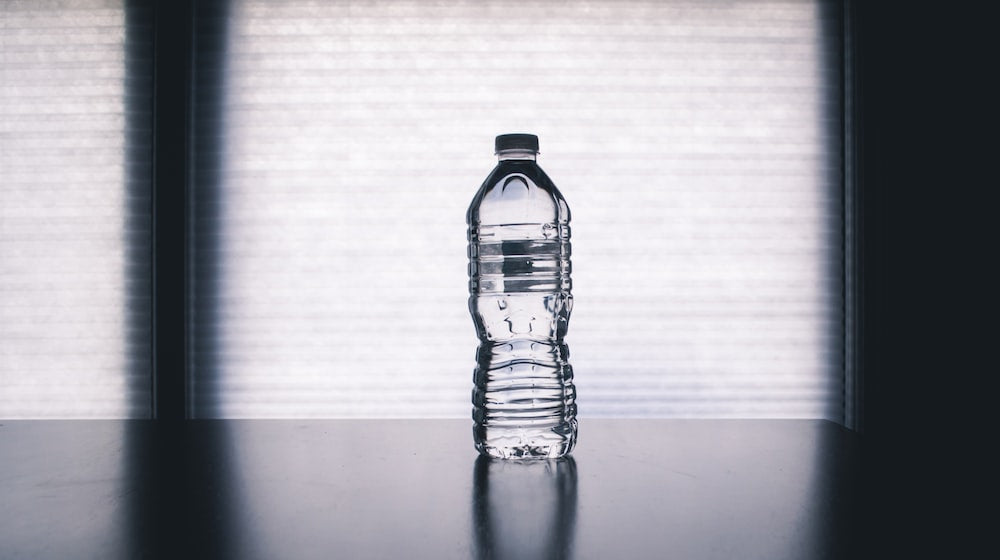
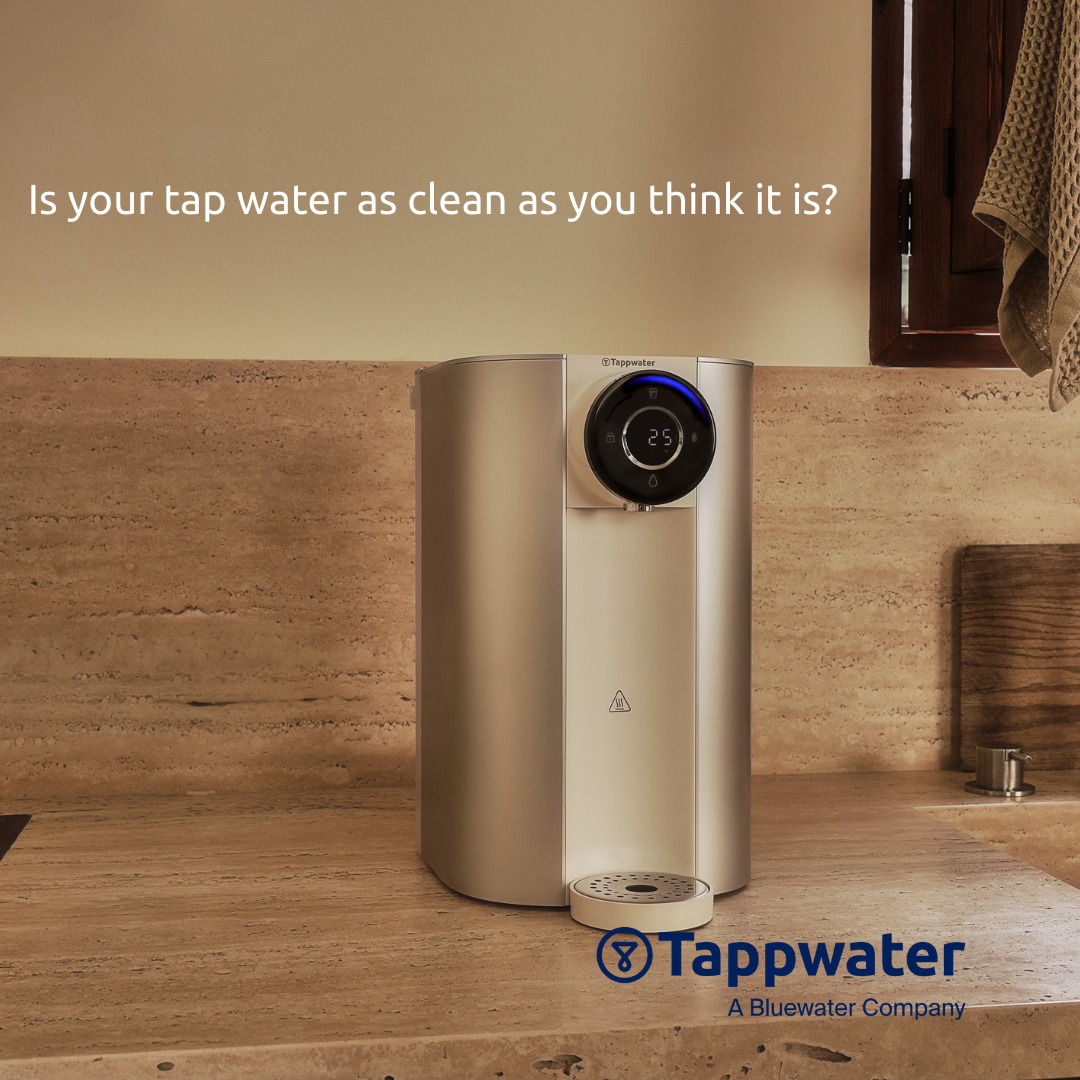
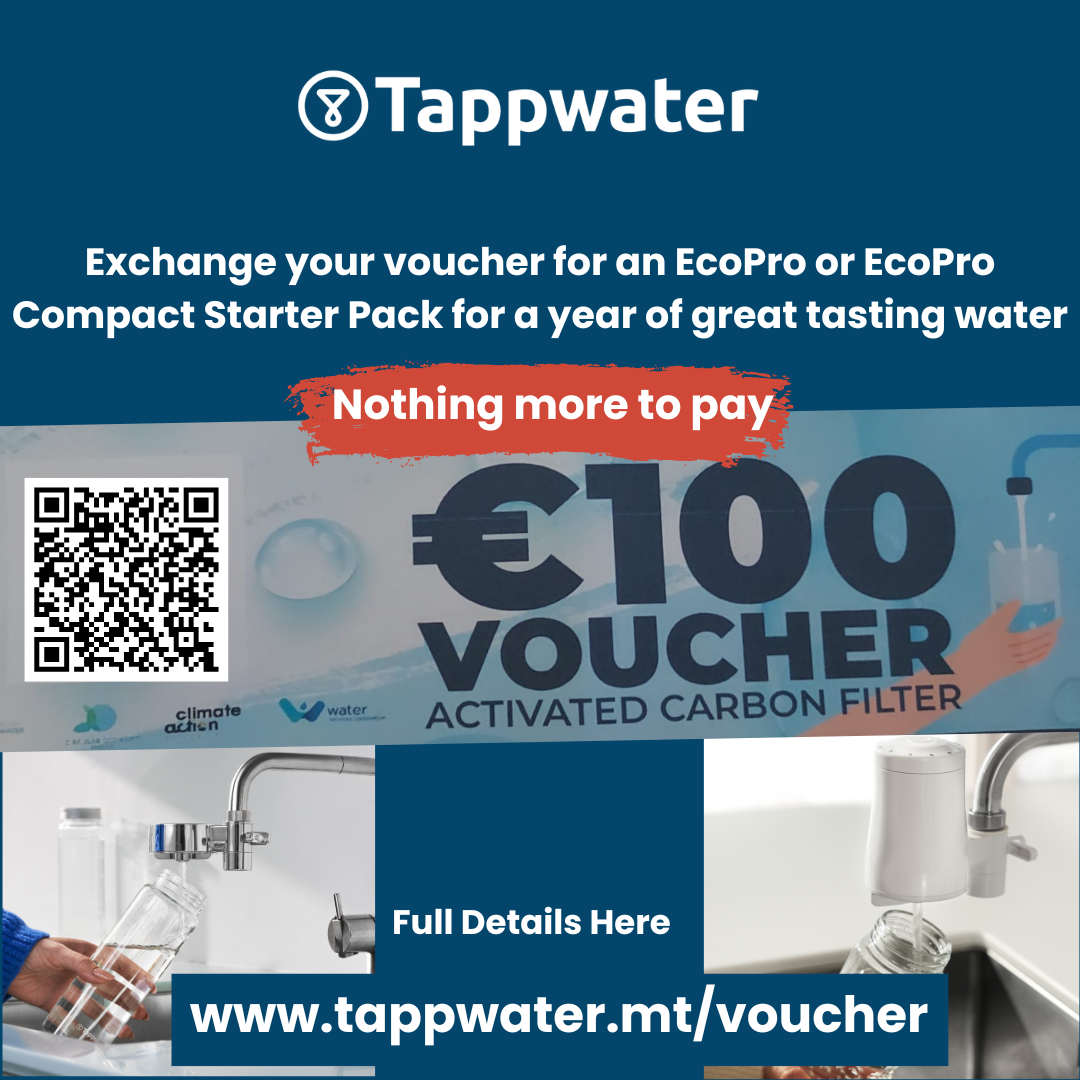
![[WATCH] Malta's Tap Water Challenge: The Tappwater Solution. A Look at the Science, the Tests, and the Deliciously Clean Results.](http://tappwater.mt/cdn/shop/articles/Why_We_lab_tested_maltas_water_Sqaure.png?v=1756738451&width=1080)
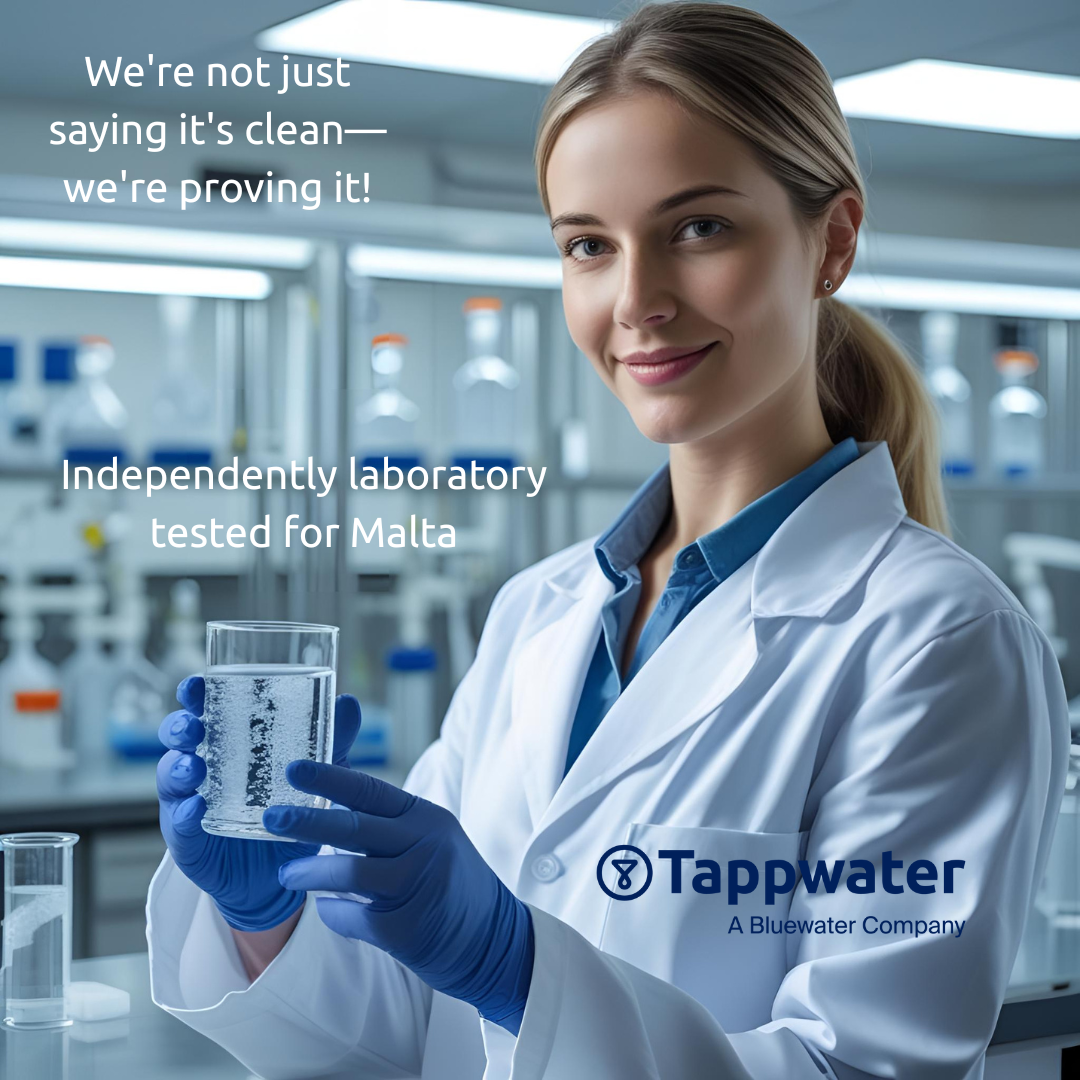
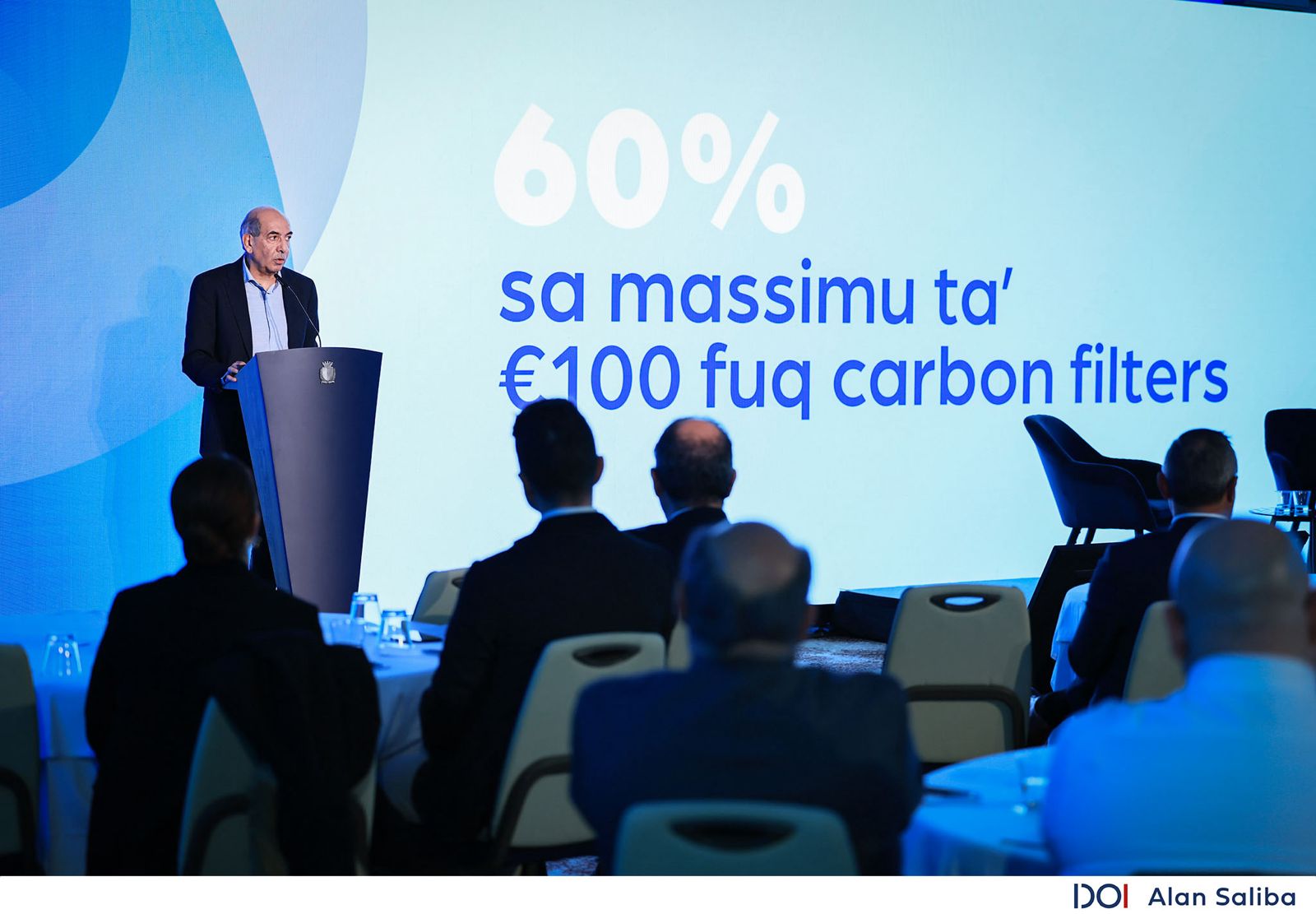
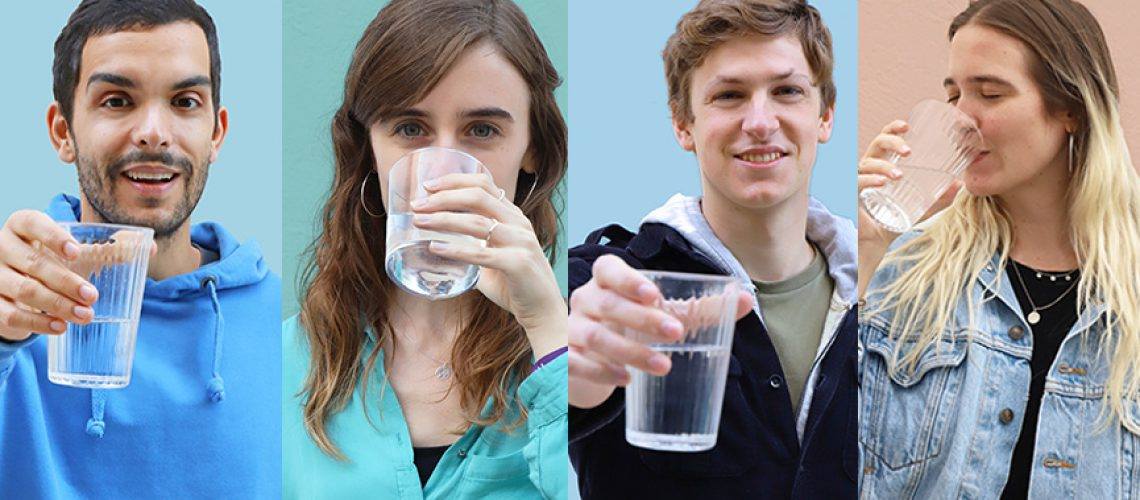
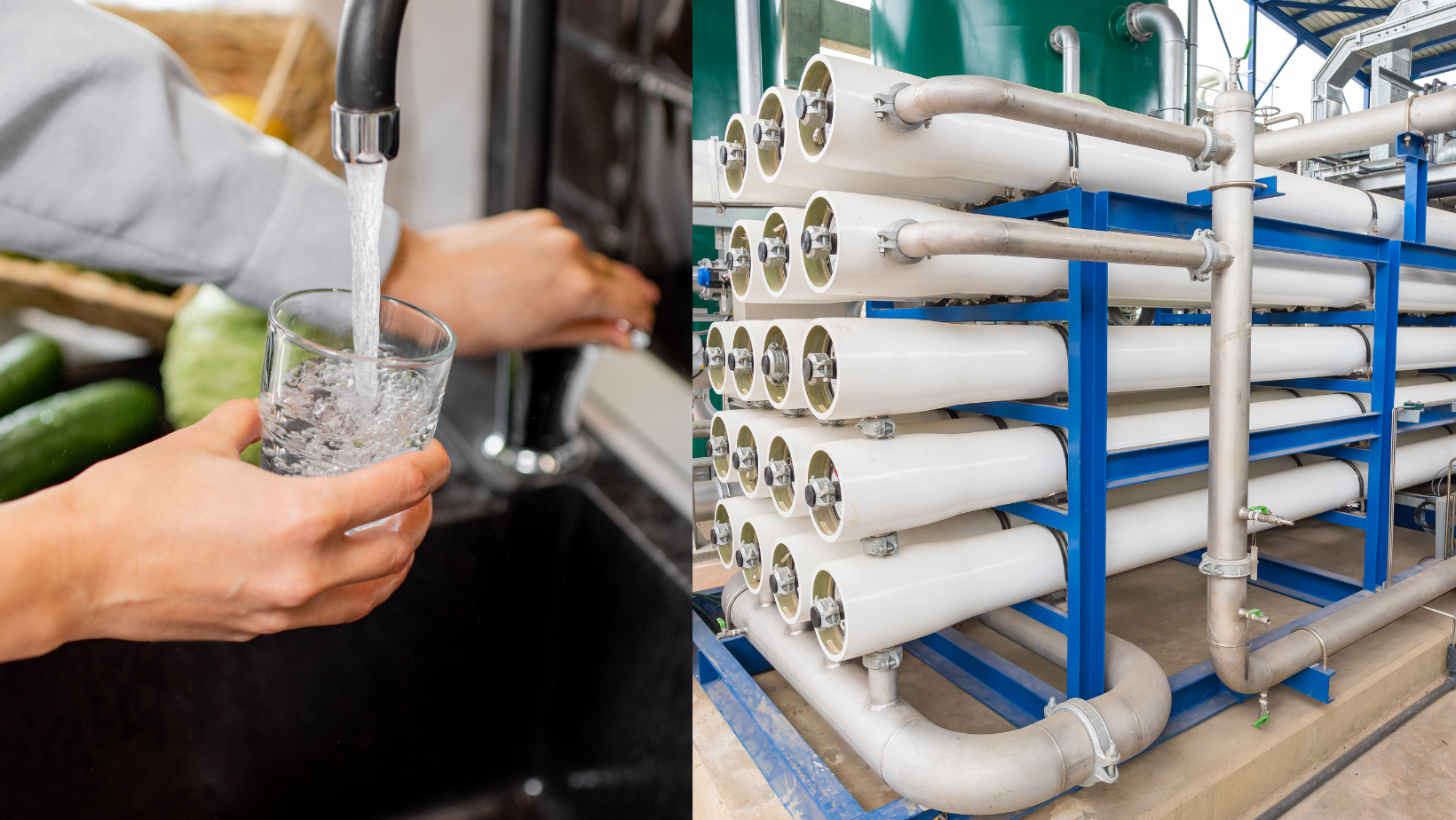
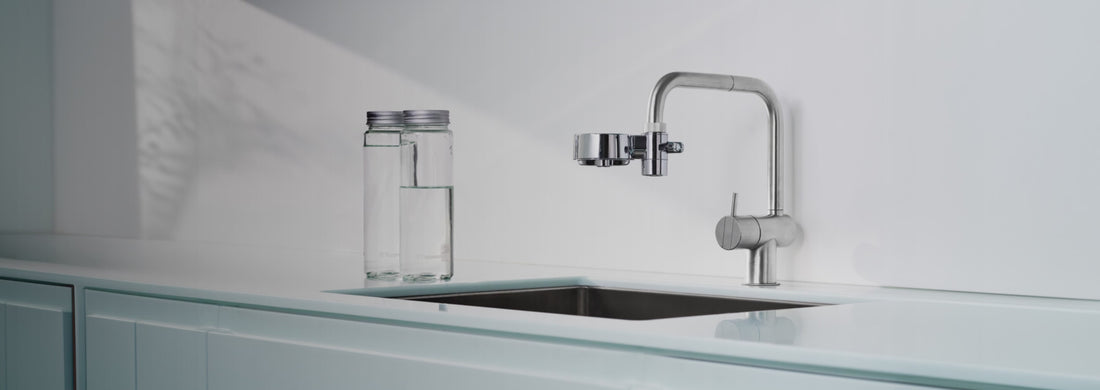

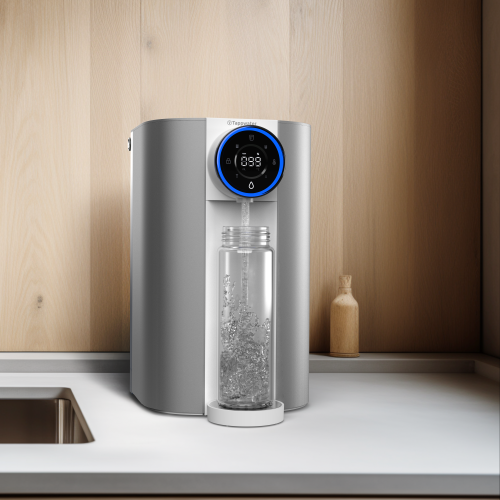
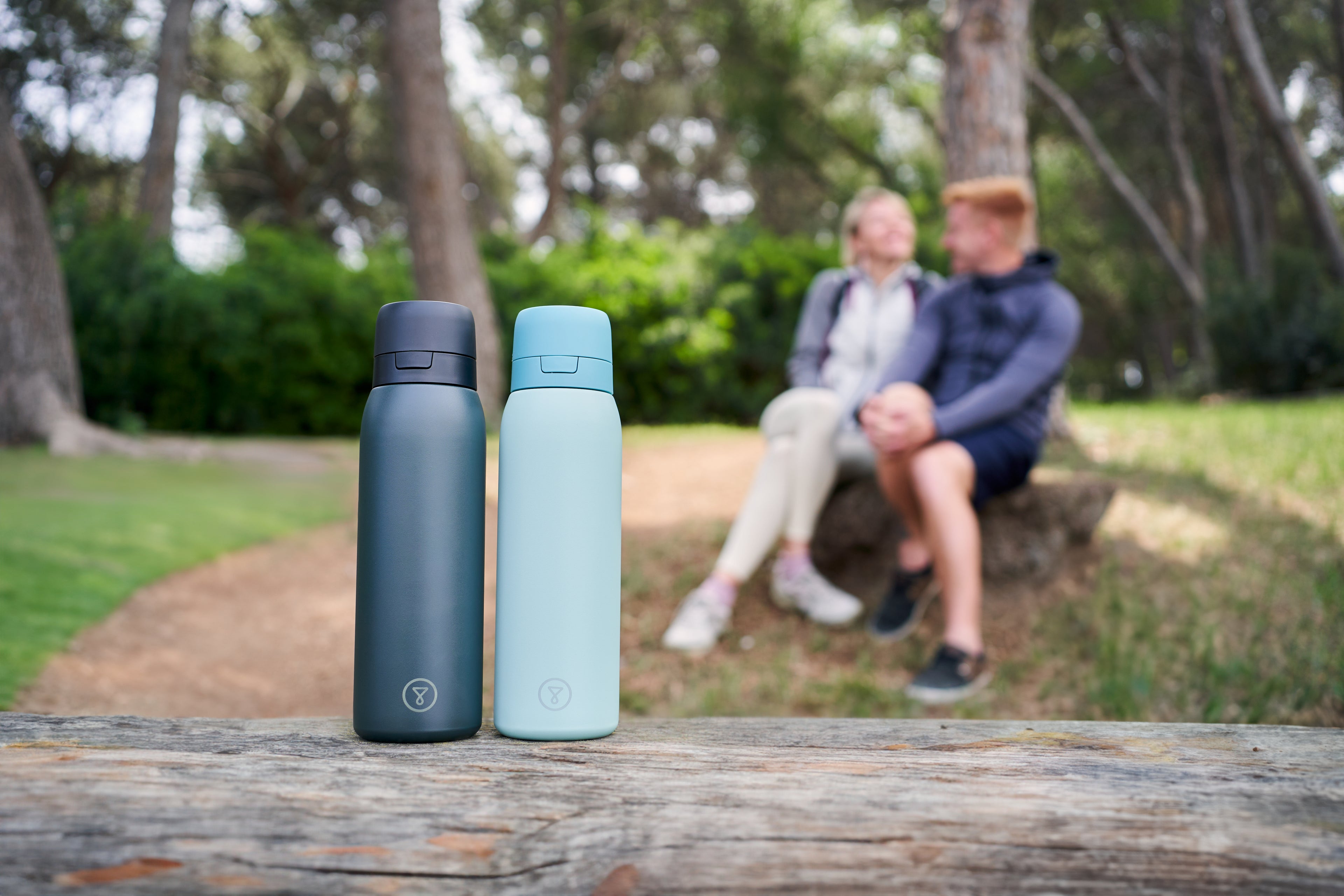
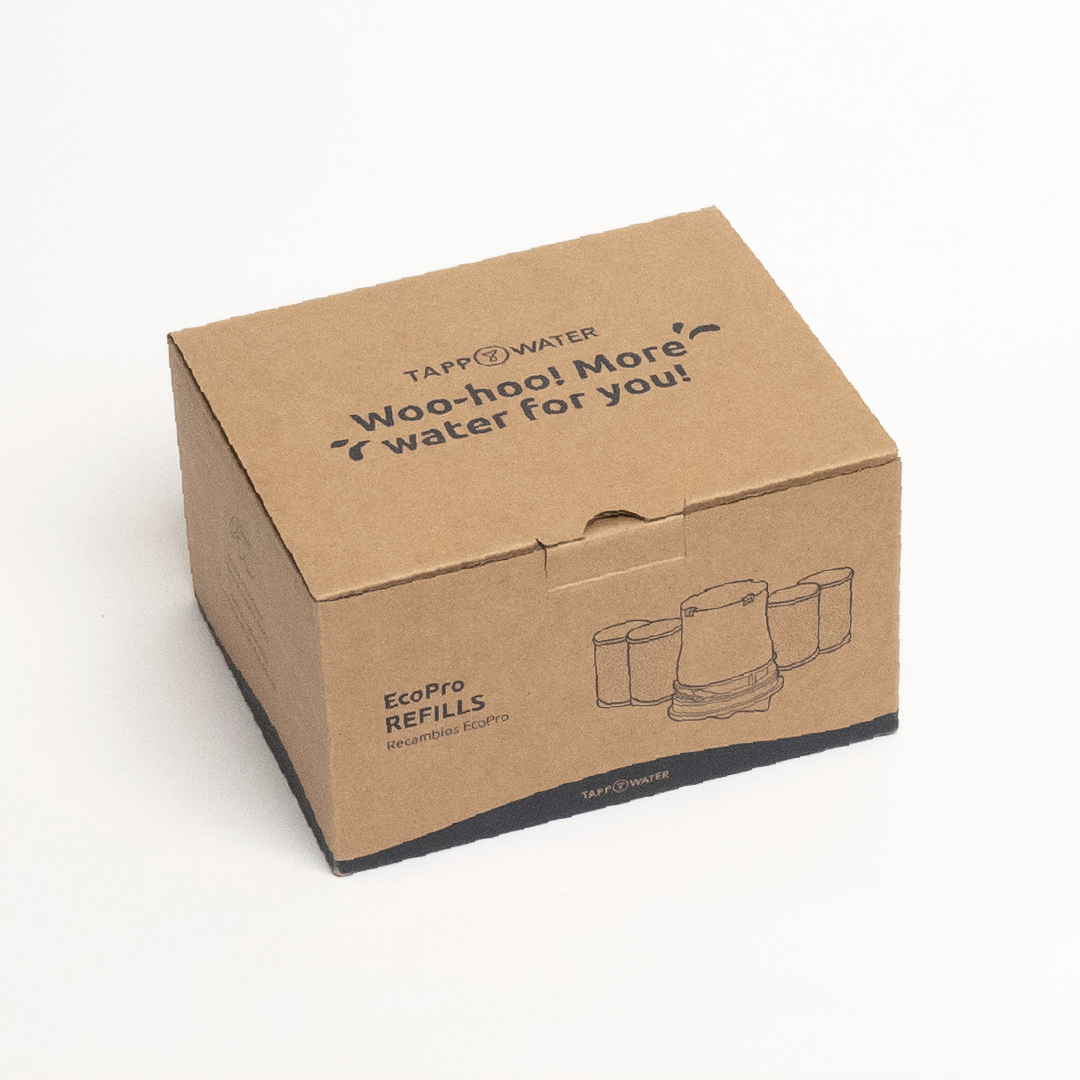
0 comments